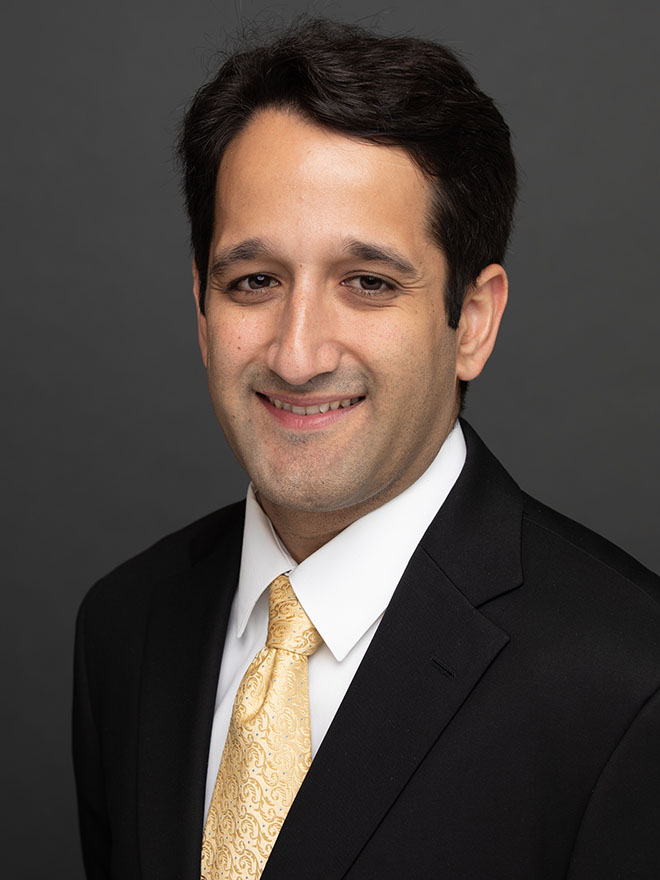The Heller School is ranked #13 for health policy and management in U.S. News & World Report’s graduate school rankings.
The health policy concentration prepares PhD graduates for challenging careers in research and policies that influence the quality, accessibility, and delivery of health care in the U.S. and globally.
Top-Tier Doctoral Training in Health Policy
In today’s labor market, health care researchers and educators with policy analysis skills are at a premium. Heller PhD students in the health concentration are trained to analyze and research the U.S. health care system and its political, social, economic, and technical contexts. Key topics include the structure and processes of health care organizations and service delivery systems, approaches to health care financing, racial/ethnic and socioeconomic disparities, and the role of health care in social change.
The U.S. health system is complex. The challenges currently facing U.S. health care include: persistent healthcare disparities, unsustainable growth in healthcare spending, a fractured delivery system with limited linkages to home- and community-based settings, and payment incentives that favor volume (fee-for-service) over patient outcomes (value). Heller PhD students tackle these issues using health service research tools from survey research, economics, political science, sociology, and other disciplines.
Many Heller PhD graduates end up in academic or applied research careers, helping design and evaluate payment models, new technology, or new ways to address historic inequities and make healthcare more accessible for all. Graduates around the world contribute to country-level decisions regarding resource allocation, organization of the health sector, and policy reforms that enable countries to improve population health.
Connection to Flagship Research Institutes
Students entering this concentration attend a single doctoral seminar, are advised by faculty in the Schneider Institutes for Health Policy and Research and work on research projects in the Institute on Healthcare Systems and/or the Institute for Global Health and Development.
The Institute on Healthcare Systems (IHS) examines a range of substantive issues including access to and quality of care; how health care is financed, delivered, and utilized; the cost of care; and the role of organizations in each of these domains. In much of its research, IHS focuses on the special problems of vulnerable populations, including the elderly and individuals with chronic illnesses or those who have historically lacked access because of discrimination.
With a focus on the poor and social justice, the Institute for Global Health and Development (IGHD) engages in direct government advising, policy-relevant research, evaluation and advocacy. At any given time, IGHD researchers are actively involved with many sponsored international health and development projects throughout the developing world.
Students in the health concentration focus on these core health policy issues:
- Health care financing and reform, health insurance, costs and spending
- Health care organization and delivery, organizational structure, quality of care
- Healthcare disparities, health equity and population health
- Healthcare workforce, job design and worker satisfaction




